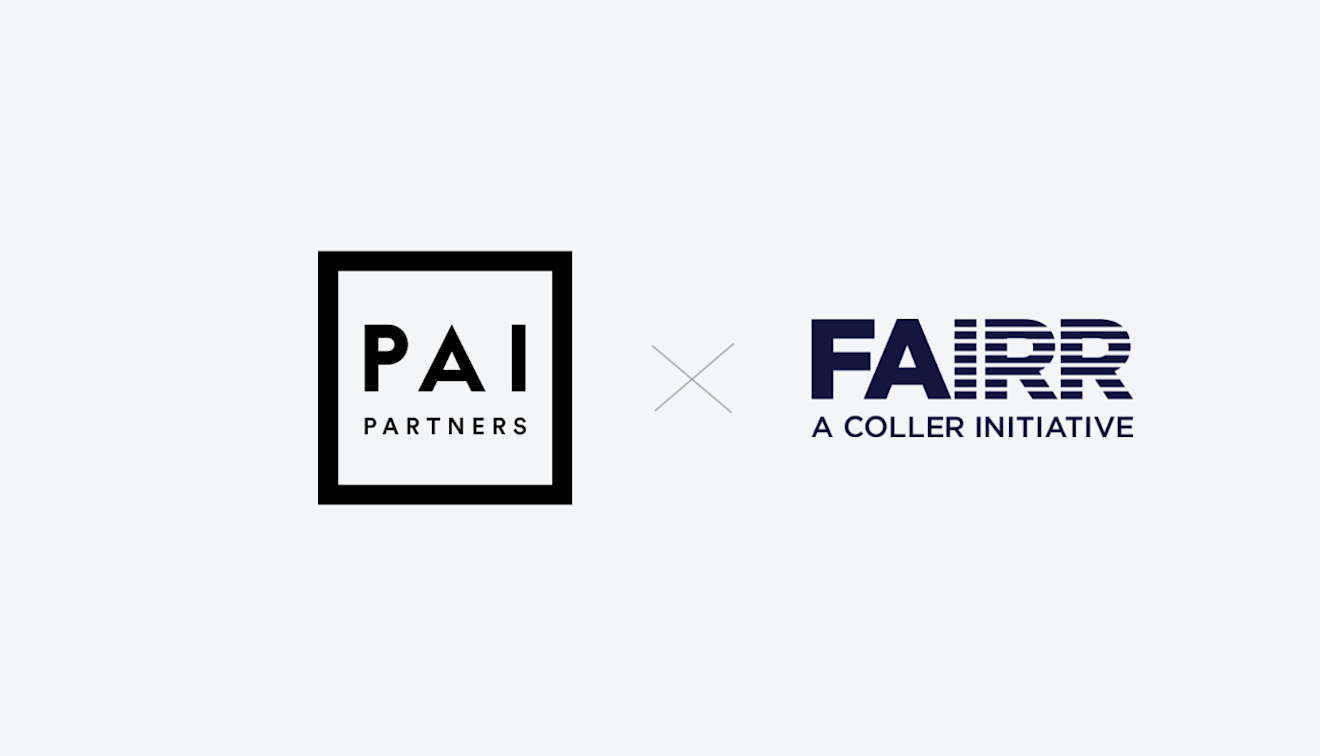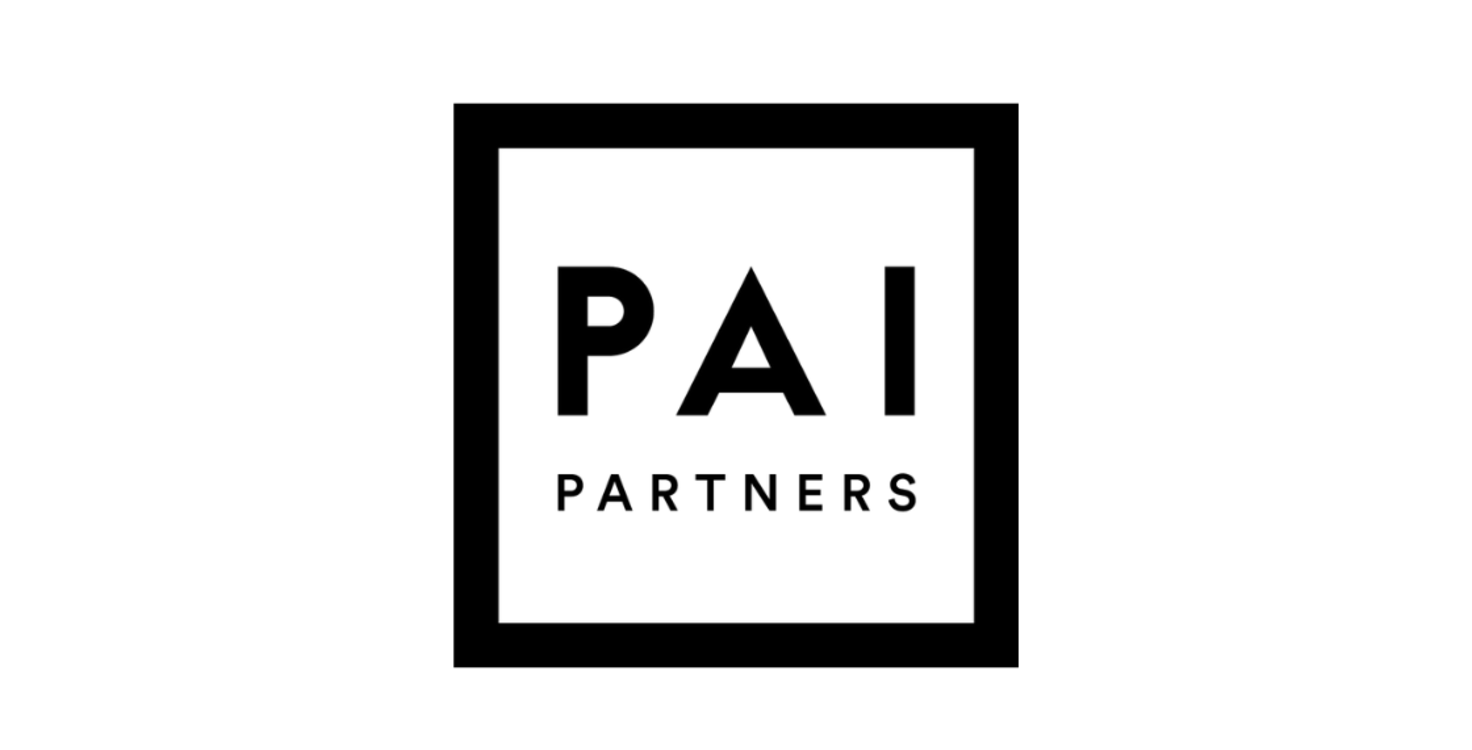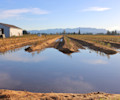Introduction
PAI Partners joined the FAIRR investor network in 2023. PAI is a pre-eminent private equity firm, with €27bn+ in AUM, investing in market-leading companies across the globe with the objective of building bigger and better businesses. This case study explains how PAI’s ESG team has utilised FAIRR membership for capacity building across its portfolio companies. Insights for this case study were provided by Esohe Denise Odaro, Managing Director and Head of ESG & Sustainability.

Why are nature and biodiversity related impacts and dependencies relevant to PAI?
Biodiversity is essential for future resilience of industry, particularly in agri-food and certain consumer subsectors, similar to those in which PAI invests. It is therefore in our interests to promote the protection of biodiversity. This is one of the reasons we became a member of FAIRR, and we have benefitted from the team’s expertise and research on sector-specific issues, which have supported the development of our strategy to address nature and biodiversity-related impacts in our portfolio.
As one of the first private equity ‘early adopters’ of the Taskforce for Nature-related Financial Disclosures (TNFD) globally, we have been forward thinking in conducting a portfolio analysis. Approximately 70% of our invested capital is in sectors considered by the (TNFD) as having material nature-related impacts and dependencies - agri-food being one of the most important sectors to address. Our commitment to safeguarding biodiversity makes business sense, and this is operationally reflected in our integration of TNFD aligned biodiversity and nature-related assessments within our investment cycle since 2024.
How has FAIRR membership supported PAI in this approach?
Using FAIRR frameworks and research, as well as a third-party tool, we can identify material nature and biodiversity impacts and dependencies during due diligence for all investments and incorporate insights into post-acquisition strategy development.
FAIRR has been instrumental in enhancing our understanding of the material risks and opportunities in the agri-food sector. Their data, frameworks, and sector-specific insights not only support our engagements but have also enhanced the capacity of our portfolio companies’ sustainability teams regarding nature and biodiversity.
To further our collaboration, the FAIRR team also supported with a virtual workshop for our portfolio companies to better understand the commercial link between business activities and nature and biodiversity-related impacts and dependencies. The webinar explored how companies can action practical risk management strategies, including setting targets and measuring progress, while also providing best practice examples.
Addressing water risks
As part of our membership, FAIRR has supported PAI with various initiatives. One collaboration included working alongside FAIRR’s thematic experts to draft a joint stewardship guide, titled “RIPPLE”, which stands for an acronym of steps to address water risks. As corporate supply chains, particularly agri-food, account for an estimated two-thirds of global water consumption, water stewardship is essential to mitigate risks and unlock opportunities.
The report was designed to provide practical guidance on water stewardship for portfolio companies, addressing both water scarcity and quality. The RIPPLE steps collate an abundance of existing research and frameworks to support companies and investors to create robust water management strategies and drive measurable progress across supply chains. The guide also emphasises the opportunities such strategies can deliver by driving innovation, enhancing operational efficiency and strengthening market position.
PAI has benefited from being a member of FAIRR in navigating the complexity of risks and opportunities with our related investments and in building long-term resilience.
This report is provided for informational purposes only and is not intended to be, and should not be construed as, an offer, solicitation or recommendation with respect to any transaction and should not be treated as legal advice, investment advice or tax advice. Recipients should not rely upon this information as a substitute for obtaining specific legal or tax advice from their own professional legal or tax advisors. References to specific securities and their issuers are for illustrative purposes only and are not intended and should not be interpreted as recommendations to purchase or sell such securities. Indices and trademarks are the property of their respective owners. Information is subject to change based on market or other conditions.











